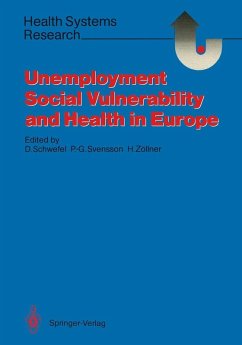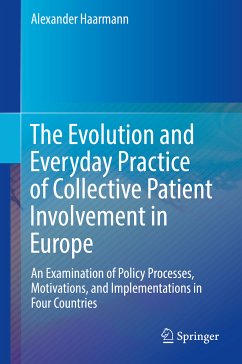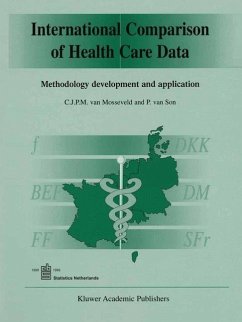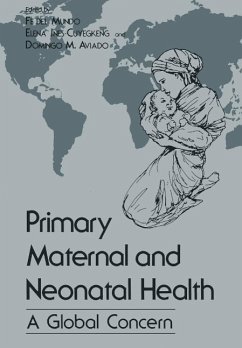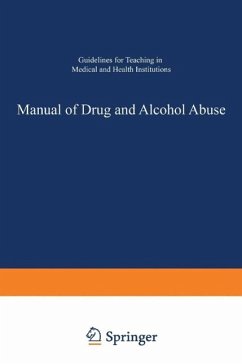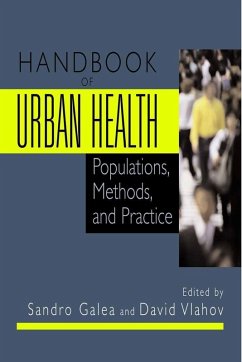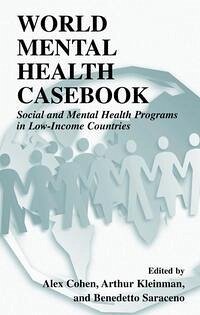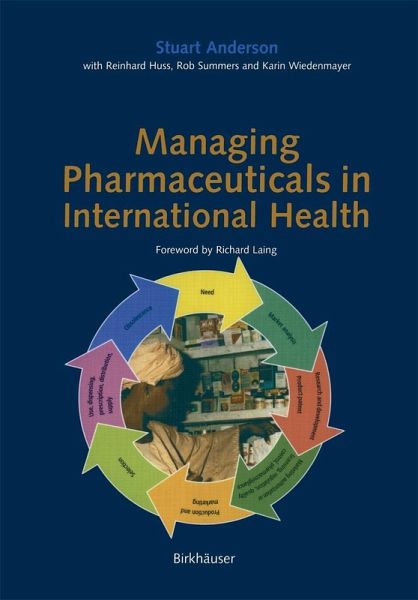
Managing Pharmaceuticals in International Health (eBook, PDF)
Versandkostenfrei!
Sofort per Download lieferbar
40,95 €
inkl. MwSt.
Weitere Ausgaben:

PAYBACK Punkte
20 °P sammeln!
The ready availability of essential drugs to entire populations is a key determinant of public health in all countries. Addressing the great inequalities in drug supply is one of the major challenges in international health. Many of the problems can only be tackled at a global level by agencies, governments and pharmaceutical companies working together. Others require action at national or regional level through attention to health systems, or necessitate action at the local level by working with communities.This book aims to provide the student of international health with an introduction to ...
The ready availability of essential drugs to entire populations is a key determinant of public health in all countries. Addressing the great inequalities in drug supply is one of the major challenges in international health. Many of the problems can only be tackled at a global level by agencies, governments and pharmaceutical companies working together. Others require action at national or regional level through attention to health systems, or necessitate action at the local level by working with communities.
This book aims to provide the student of international health with an introduction to the international pharmaceutical scene: Who are the key players and what are their roles? What has been achieved so far, and what remains to be done? What are the prospects for the future?
The book will be of particular interest to those involved with the management of medicines at any level, and to those with an interest in improving access to medicines for all in a fair and equitable way.
This book aims to provide the student of international health with an introduction to the international pharmaceutical scene: Who are the key players and what are their roles? What has been achieved so far, and what remains to be done? What are the prospects for the future?
The book will be of particular interest to those involved with the management of medicines at any level, and to those with an interest in improving access to medicines for all in a fair and equitable way.
Dieser Download kann aus rechtlichen Gründen nur mit Rechnungsadresse in A, B, BG, CY, CZ, D, DK, EW, E, FIN, F, GR, HR, H, IRL, I, LT, L, LR, M, NL, PL, P, R, S, SLO, SK ausgeliefert werden.




